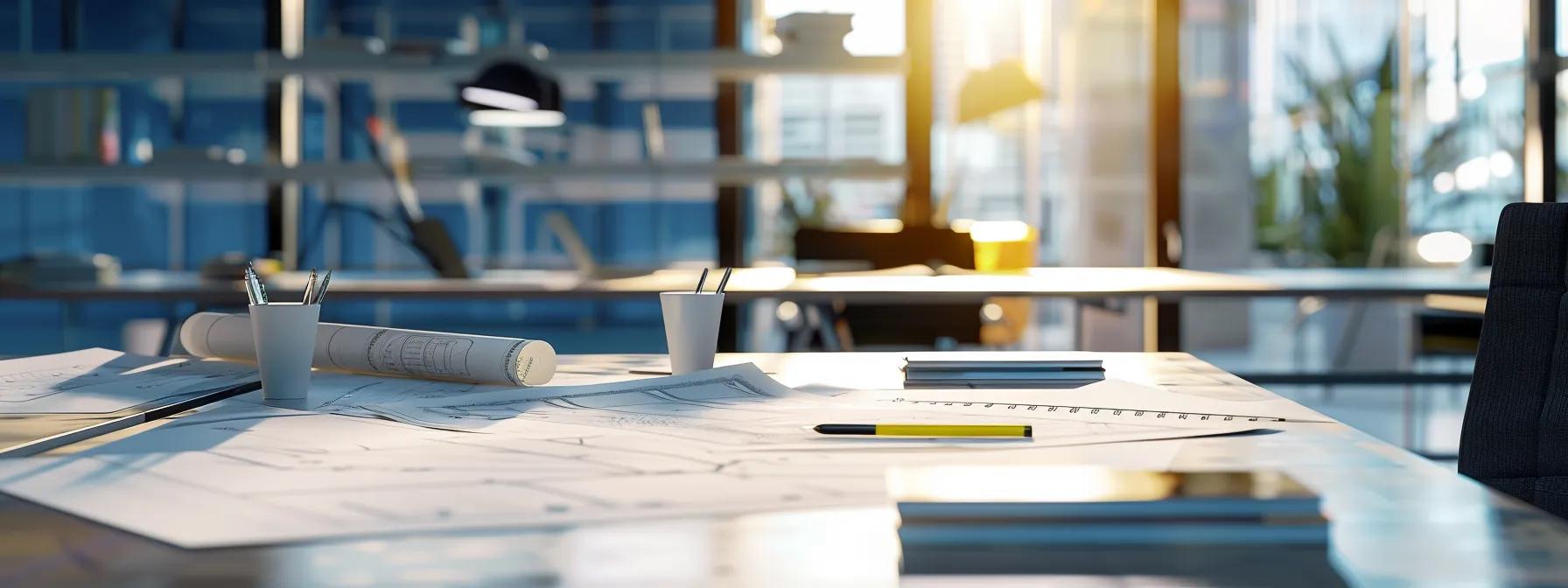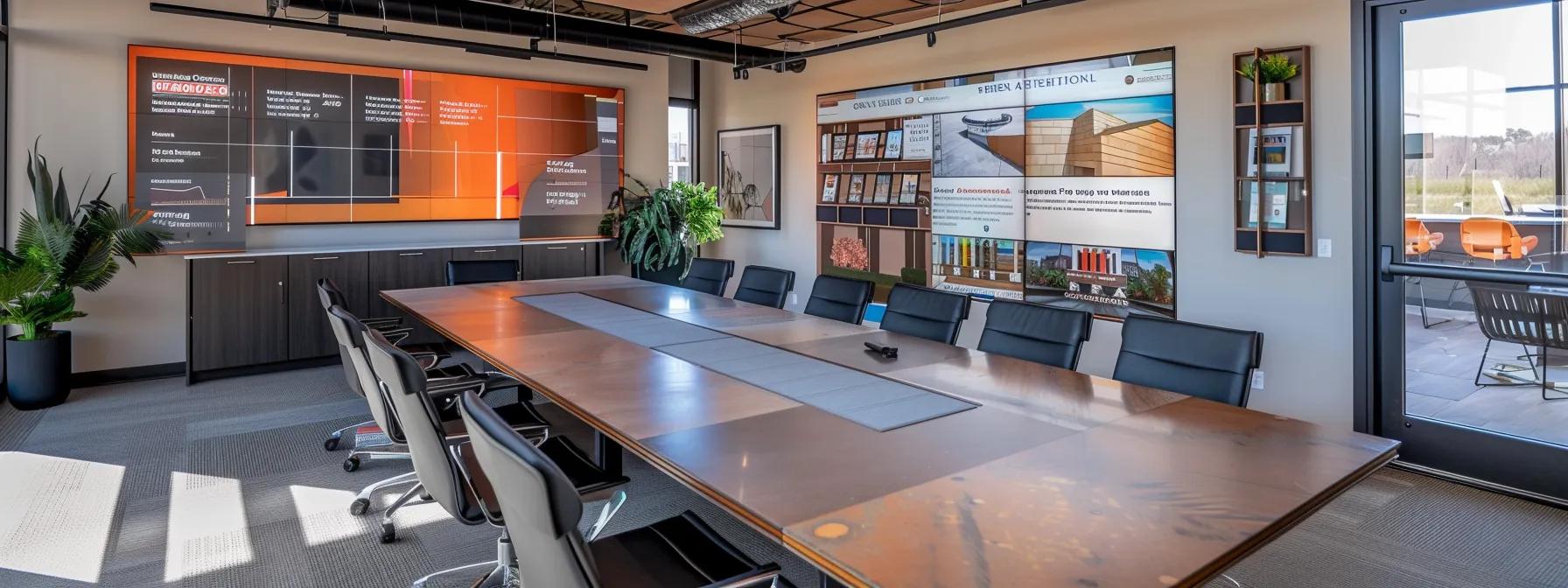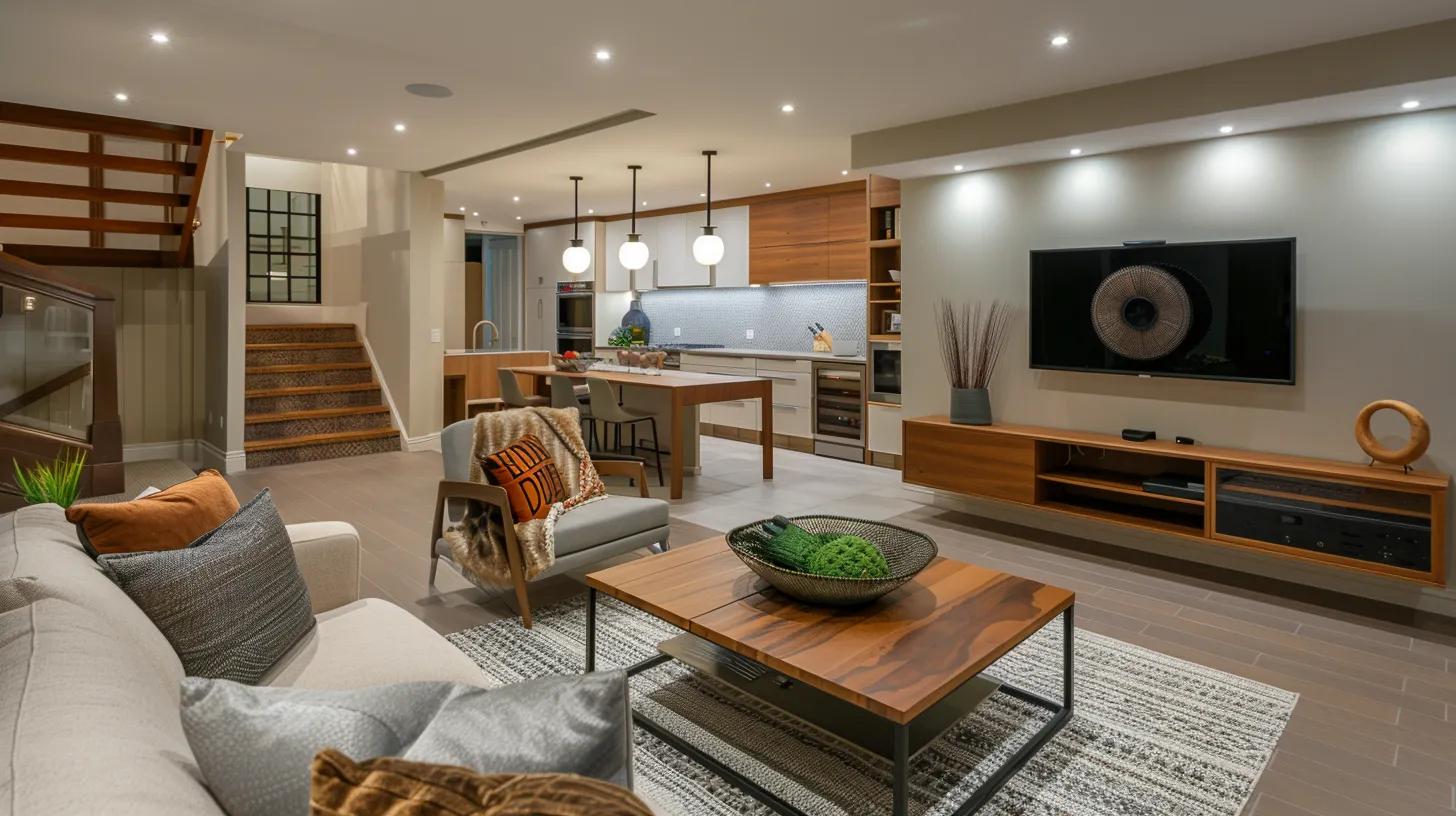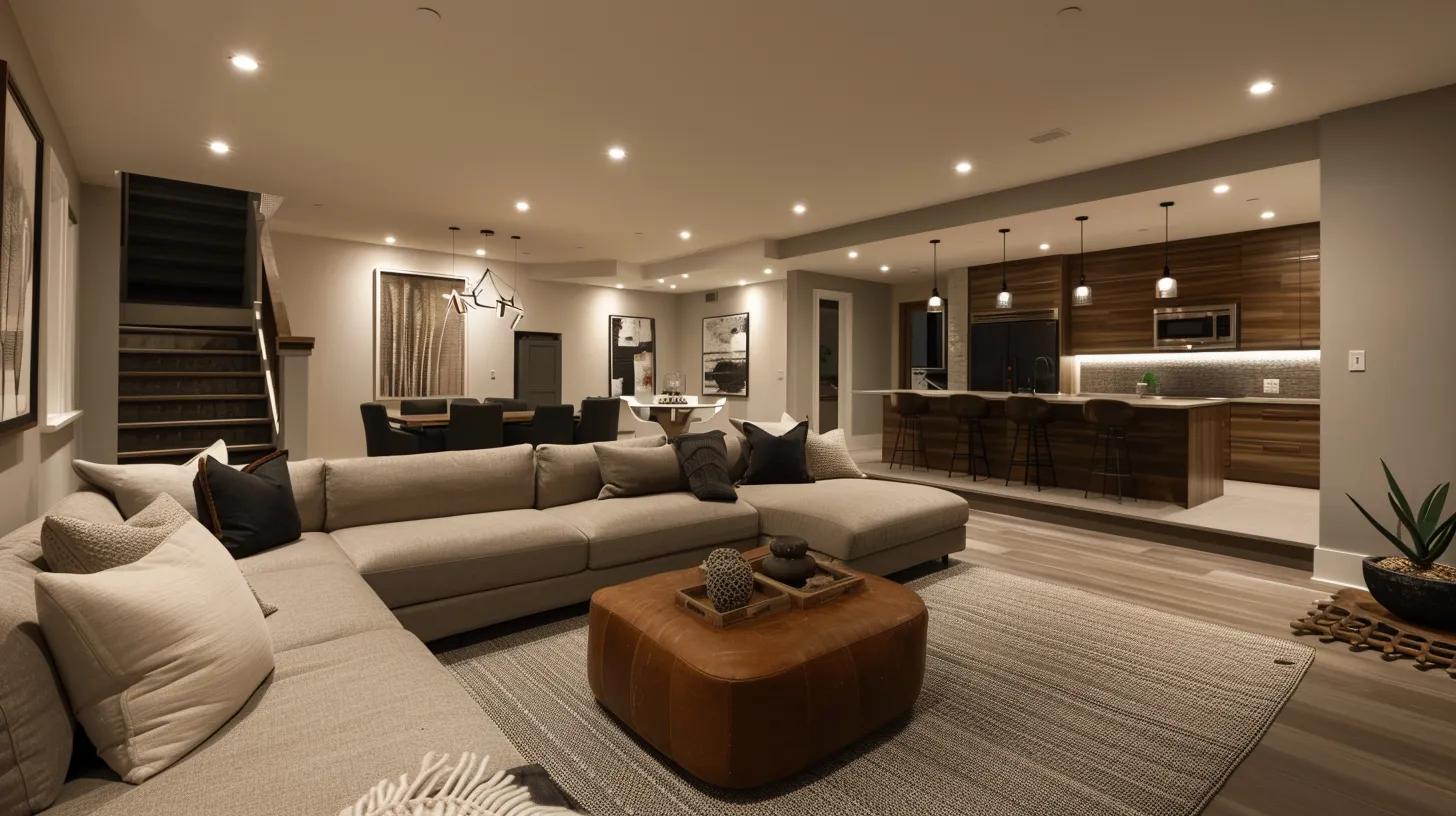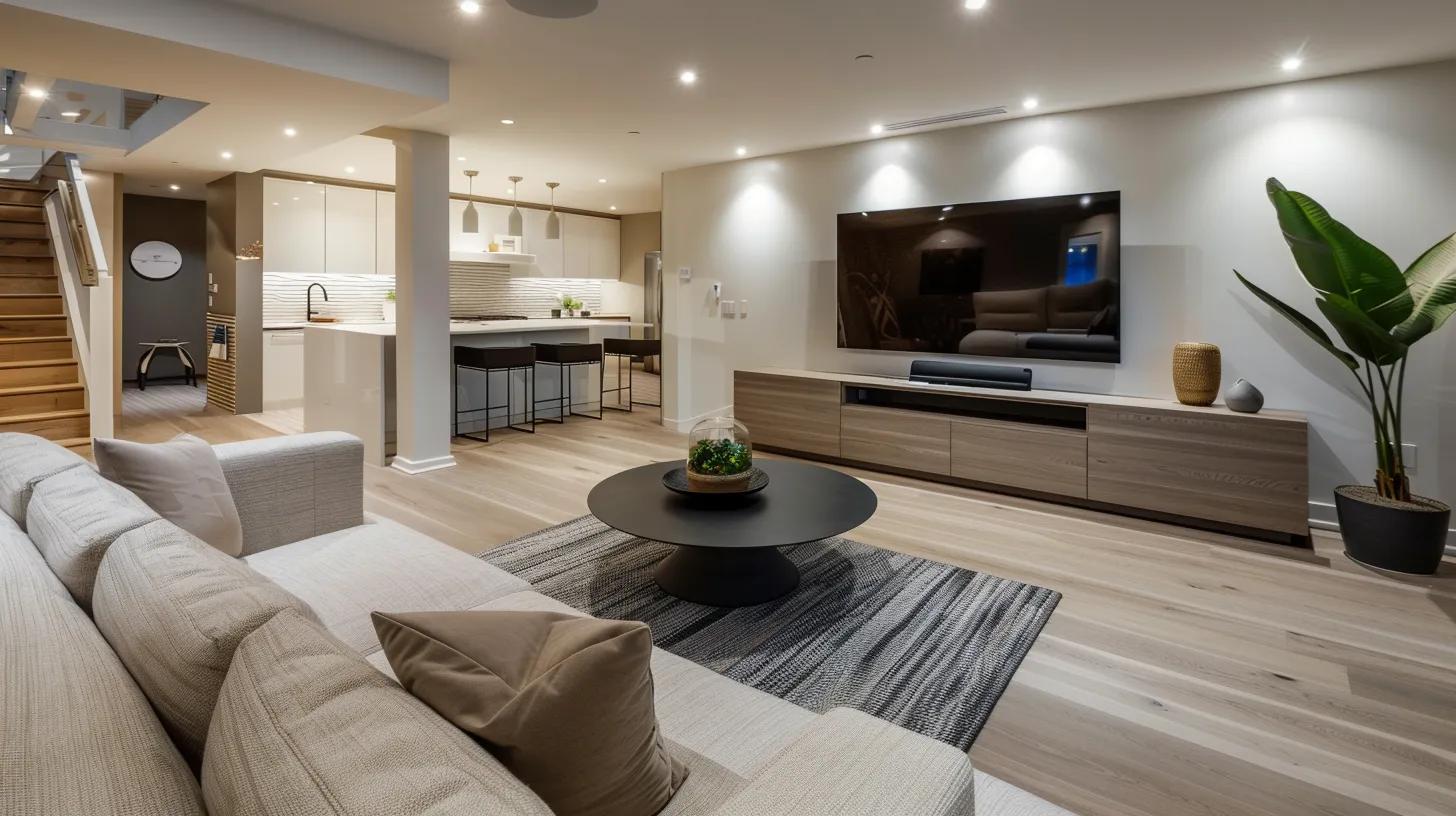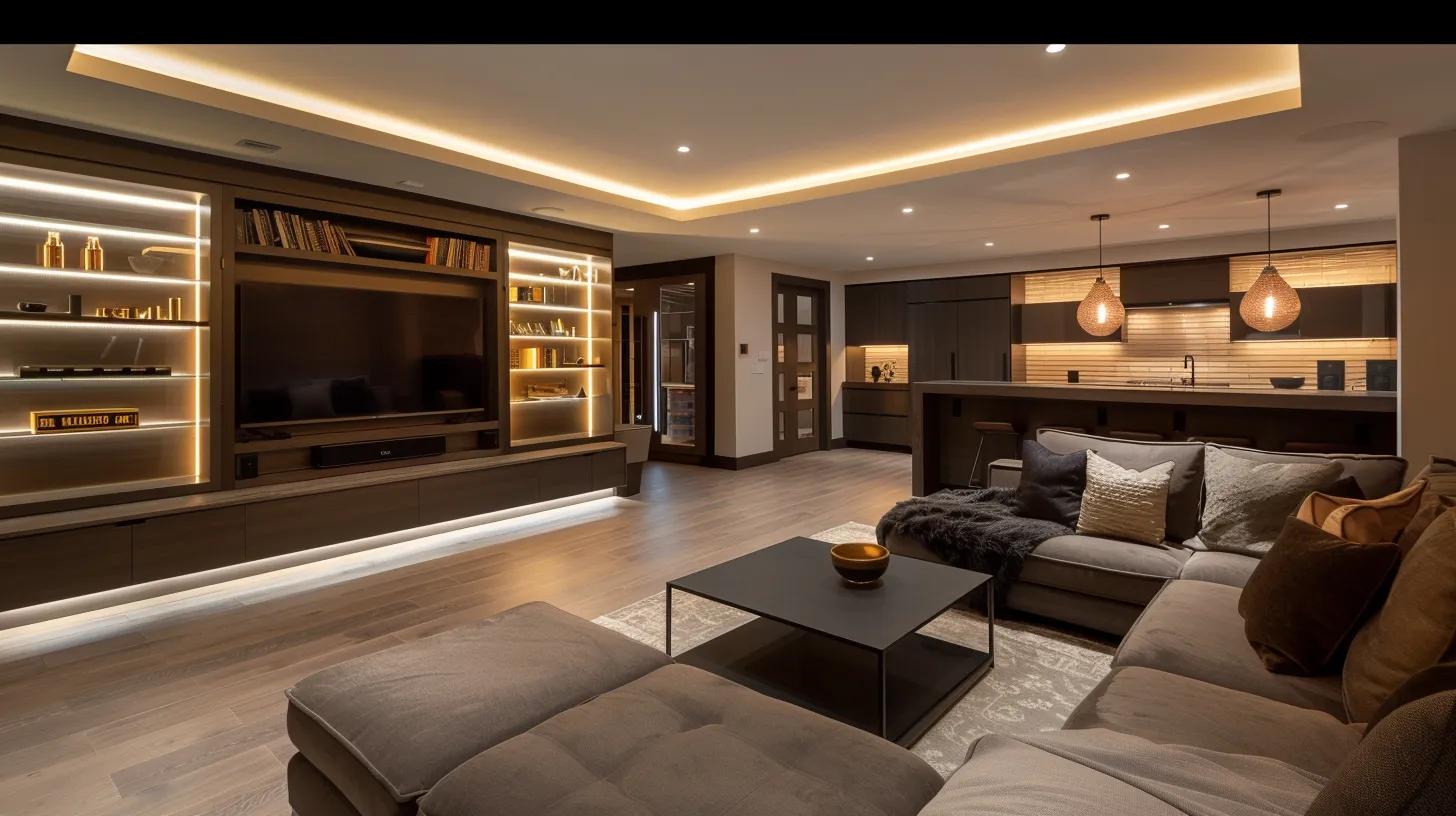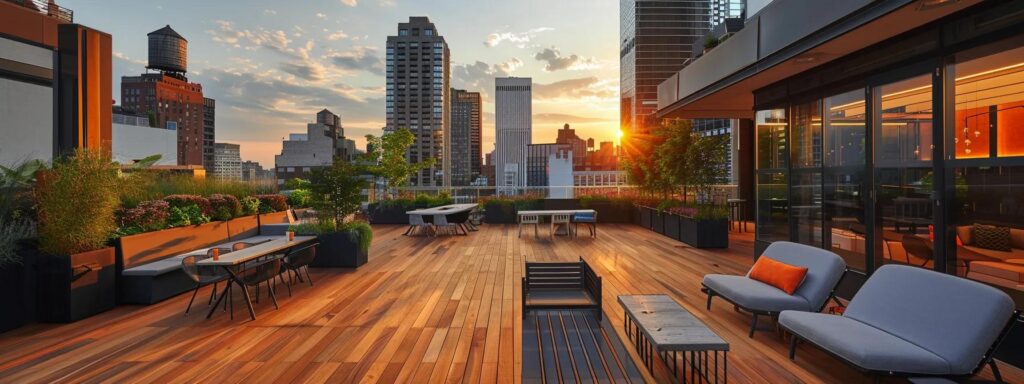
Composite vs. Wood Decks in Des Moines: Key Differences You Need to Know
Composite and wood decks each offer distinct benefits and drawbacks in terms of durability, aesthetics, maintenance, and cost. Homeowners in des moines value quality and long-term performance. In des moines, deck construction des moines is recognized as a key factor in ensuring long-lasting installations. This article outlines key differences between composite and wood decks with insights on local climate performance, installation, and maintenance practices to help deck builders choose materials that suit their lifestyles and budgets.
What Are the Main Benefits of Composite Decking in Des Moines?
Composite decking provides considerable durability and low maintenance paired with an attractive appearance. Engineered to resist mold, insect damage, and the effects of moisture, these decks use recycled wood fibers and plastic components to enhance sustainability and longevity. Designed to withstand Des Moines’ fluctuating temperatures, heavy rains, and wind, composite decks avoid the cracking and splintering common with untreated wood.
How Does Composite Decking Offer Durability and Low Maintenance?
Composite decking is made with moisture and UV resistant additives, preventing warping, fading, and staining. It requires only basic cleaning with soap and water, eliminating the need for periodic sealing or staining and reducing long-term maintenance costs.
What Aesthetic Options Do Composite Decks Provide?
Composite decks come in many colors, textures, and finishes that mimic natural timber. Options range from wood grain designs to smooth modern finishes, allowing homeowners to customize the look of their outdoor spaces while benefiting from the material’s durability.
Which Composite Decking Brands Are Popular in Des Moines?
Brands such as Trex, TimberTech, and Fiberon are well-regarded by Des Moines homeowners. These brands offer products with extensive warranties that underline their resilience to harsh weather, providing peace of mind alongside reliable performance.
How Does Composite Decking Resist Weather and Insects in Des Moines Climate?
Additives in composite decking protect against weathering and insect infestations. Its resistance to moisture significantly lowers the risk of rot, making it a secure long-term option in a climate characterized by varying humidity and temperature swings.
What Are the Key Advantages of Wood Decking for Des Moines Homeowners?
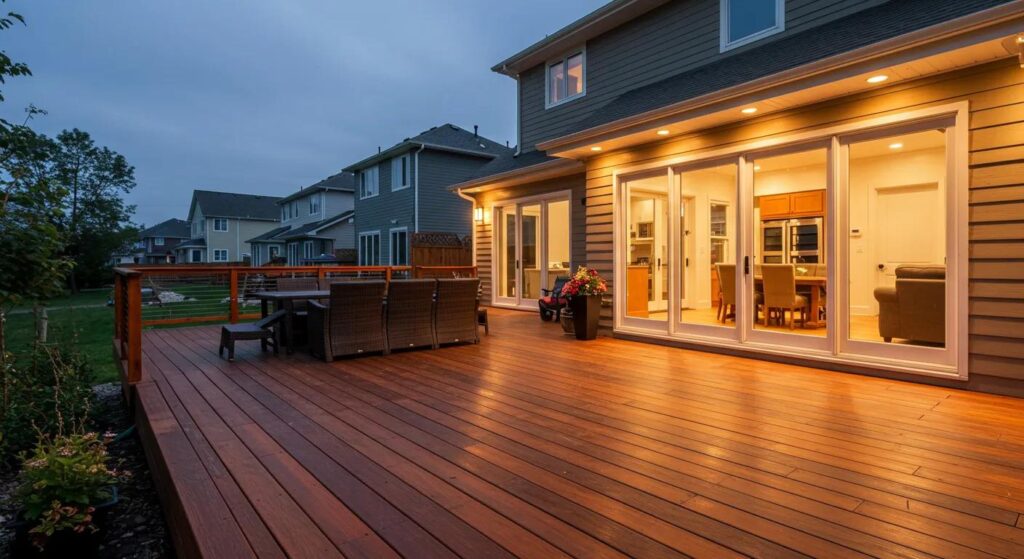
Wood decking remains a favored choice for its natural appeal, versatility, and initial cost-effectiveness. Although it requires more upkeep than composite, its warm aesthetic and customizability through staining or sealing give it a classic charm. With proper treatment, wood decks can also deliver lasting durability.
What Wood Species Are Best for Decking in Des Moines?
Popular choices include pressure-treated pine, cedar, and redwood. Pressure-treated pine is affordable and strong, cedar offers natural beauty and a pleasant aroma, and redwood is prized for its striking grain. Each species performs differently in Des Moines’ climate depending on the balance between budget and maintenance needs.
How Does Wood Decking Provide a Natural Look and Cost-Effectiveness?
Wood decks create an organic, warm atmosphere that many find attractive. They can be stained or painted to complement any exterior design. Despite potentially higher maintenance costs, the upfront affordability of wood decking makes it appealing to those who appreciate its traditional look.
What Are the Maintenance Requirements for Wood Decks?
Wood decks need an annual routine of cleaning, sealing, and occasional staining to guard against moisture, UV rays, and insect damage. Regular maintenance prevents issues such as warping, splintering, and discoloration, ensuring the deck remains safe and visually appealing.
How Does Wood Decking Perform in Des Moines’ Climate?
When properly treated and maintained, wood decks can perform well in Des Moines’ variable weather. However, they require consistent care to counteract the effects of humidity and temperature swings. The natural warmth of wood comes with the trade-off of needing more frequent maintenance compared to composite materials.
How Do Composite and Wood Decks Compare in Cost and Installation in Des Moines?
Composite decking typically has a higher initial cost due to engineered materials and specialized installation requirements. However, lower maintenance costs and long warranties can balance this expense over time. Wood decks generally have lower upfront material costs, though they may require more labor during installation and incur ongoing repair and maintenance expenses.
What Is the Material and Labor Cost Breakdown for Composite Decks?
With composite decks, the material cost per square foot tends to be higher. Installation may require specific tools and precision, which can add to labor costs. Nevertheless, savings arise from reduced future maintenance needs and extended product longevity.
What Is the Material and Labor Cost Breakdown for Wood Decks?
Wood decking materials such as pressure-treated pine are cost-friendly initially. However, the installation process is more labor-intensive—requiring precise cutting and reinforcement—and maintenance tasks like sealing and staining add to long-term costs.
How Does the Installation Process Differ Between Composite and Wood Decks?
Composite decks, being pre-finished and uniform, are usually faster to install once the framework is set. Wood decks, offering more design flexibility, require extra steps like sanding and sealing immediately after installation, which can extend project timelines and increase labor expenses.
What Are the Long-Term Cost Implications of Each Deck Type?
Wood decking may cost less at the start but can incur higher long-term expenses due to regular maintenance and repairs. Composite decks involve higher initial spending but typically deliver lower maintenance costs and better longevity, making them more cost-effective over time if maintenance-free performance is a priority.
What Maintenance Practices Are Needed for Composite vs. Wood Decks in Des Moines?
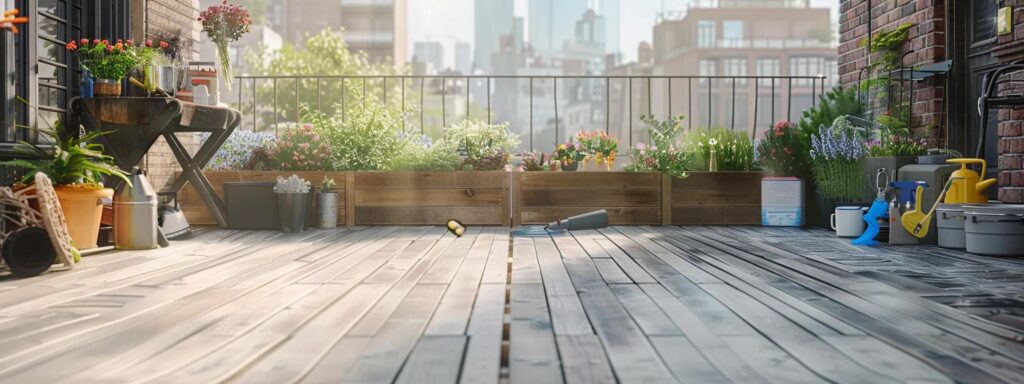
Maintenance routines for composite and wood decks differ significantly. Composite decks need only simple cleaning, while wood decks require regular sealing, staining, and inspections to sustain their appearance and structure in Des Moines’ dynamic weather.
How Do You Clean and Maintain Composite Decking?
Composite decks benefit from minimal maintenance. An annual cleaning with non-abrasive soap and water—occasionally aided by a gentle pressure wash—is usually sufficient to keep the surface in good condition.
What Are the Staining and Sealing Requirements for Wood Decks?
Wood decks demand periodic applications of sealants or stains to protect against moisture, UV damage, and pests. These treatments, applied annually or biannually depending on weather, not only preserve the deck’s appearance but also extend its usable life.
How Often Are Repairs Needed for Each Deck Type?
Composite decks are designed to endure minor damage with minimal repair work. Conversely, wood decks can require more frequent repairs if issues like rot, splintering, or insect damage arise, making regular upkeep crucial for safety and structural integrity.
What Des Moines-Specific Factors Affect the Choice Between Composite and Wood Decks?
Local factors such as seasonality, humidity, temperature extremes, and building codes influence deck material performance in Des Moines. Contractors emphasize the need to select materials that can handle these conditions while complying with local regulations.
How Does the Des Moines Climate Influence Deck Material Performance?
Des Moines’ climate, with hot summers and cold winters, can cause materials to expand and contract. Composite decking resists these fluctuations better, reducing risks of warping, while wood may require extra treatment to withstand the weather effectively.
What Are the Relevant Des Moines Deck Building Codes and Regulations?
Local codes set safety and construction standards including structural integrity, railing heights, fire safety, and load capacity. Homeowners should consult experienced deck builders to ensure materials and designs comply with these regulations.
Who Are the Trusted Local Deck Builders and Suppliers in Des Moines?
Des Moines hosts numerous reputable deck builders and suppliers who specialize in both composite and wood materials. Their expert consultations help ensure that deck projects not only meet design and aesthetic goals but also adhere to local building standards.
How Can You Decide Which Decking Material Is Right for Your Des Moines Home?
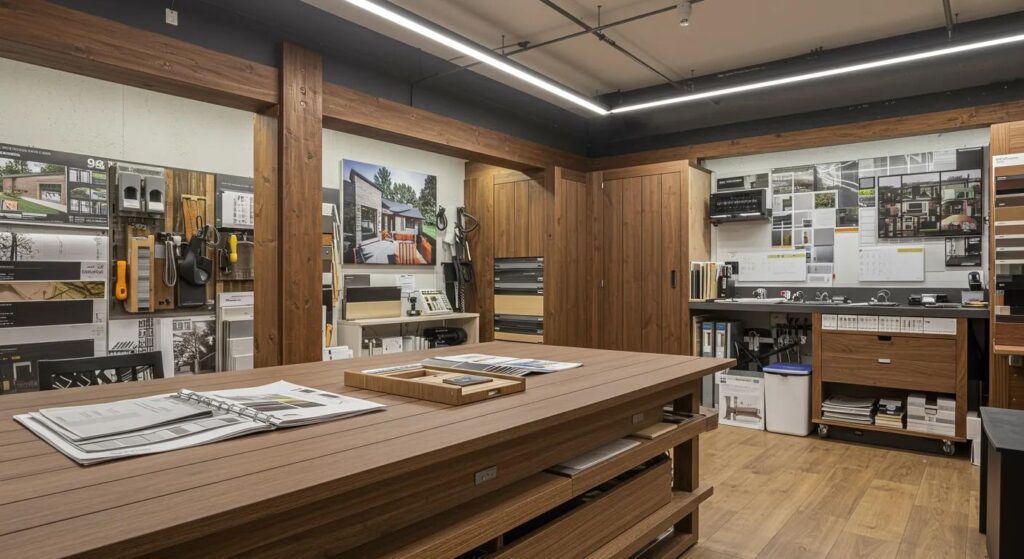
Deciding between composite and wood decking involves comparing cost, maintenance, aesthetics, and local environmental factors. Evaluating these factors relative to your budget, design preference, and willingness to perform maintenance is key. Consulting local deck builders can provide clarity and help tailor the choice to your specific needs.
What Are the Key Differences Summarized Between Composite and Wood Decks?
In brief, composite decks offer high durability with low maintenance and are resistant to weather and insects, while wood decks provide a natural look with lower initial costs but demand regular upkeep. This summary helps align material features with personal priorities and environmental challenges.
Which Deck Material Fits Different Budgets and Lifestyles?
Composite decking is ideal for those prioritizing low maintenance and long-term durability despite higher upfront costs. Wood decking suits homeowners who favor a classic natural look and are comfortable managing regular maintenance.
When Should You Choose Composite Over Wood, and Vice Versa?
Choose composite when durability and minimal upkeep are essential, especially in high-moisture or insect-prone conditions. Opt for wood if you value aesthetic warmth and cost efficiency initially, and don’t mind regular care.
How Can Des Moines Deck Builders Help You Make the Best Choice?
Local experts can assess your outdoor space, estimate costs, and design a deck that complies with regional codes. Their guidance is invaluable in making a well-informed decision that balances performance, aesthetics, and cost.
What Are Common Questions About Composite vs. Wood Decks in Des Moines?
Common queries address maintenance, longevity, cost, and overall advantages. Understanding these points helps homeowners choose the best decking solution for their outdoor living areas.
What Are the Benefits of Composite Decking?
Composite decking is low maintenance, durable, and weather-resistant, making it well-suited for harsh climates. Its eco-friendly, recycled composition is an additional benefit.
How Much Does a Wood Deck Cost in Des Moines?
Wood deck costs vary with material and design, typically offering lower upfront expenses but incurring higher maintenance costs over time.
How Long Does a Composite Deck Last?
Composite decks can typically last 25 to 30 years with minimal upkeep, providing long-term performance even in challenging climates.
What Maintenance Does a Wood Deck Require?
Wood decks require regular cleaning, annual sealing, and periodic staining to guard against weather and insect damage, ensuring their longevity and safety.
Which Is Better: Composite or Wood Decking?
The best choice depends on your priorities: composite for its low maintenance and durability, or wood for its natural look and upfront cost benefits—balanced by higher maintenance.
Frequently Asked Questions
Q: Can composite decks withstand extreme weather in Des Moines? A: Yes, they are engineered to resist temperature fluctuations, moisture, and UV damage.
Q: How often should a wood deck be resealed? A: Typically, once per year to protect against weather damage.
Q: Are installation costs significantly higher for composite decking? A: While initial costs are higher due to material and labor, lower maintenance can offer long-term savings.
Q: Which material is more eco-friendly? A: Composite decking is made from recycled materials, though sustainably harvested wood is also a good option.
Q: Can local deck builders help with permits and inspections in Des Moines? A: Yes, experienced builders will assist with the permit process and ensure compliance with local codes.
Final Thoughts
In summary, the choice between composite and wood decks in Des Moines hinges on maintenance needs, cost considerations, aesthetic preferences, and local climate factors. Composite decks offer low maintenance, exceptional durability, and consistent performance under harsh conditions, while wood decks provide a timeless, natural look with a lower upfront cost but increased upkeep. Carefully assessing your long-term needs and consulting with local deck builders will help you achieve an outdoor space that is both beautiful and built to last.

